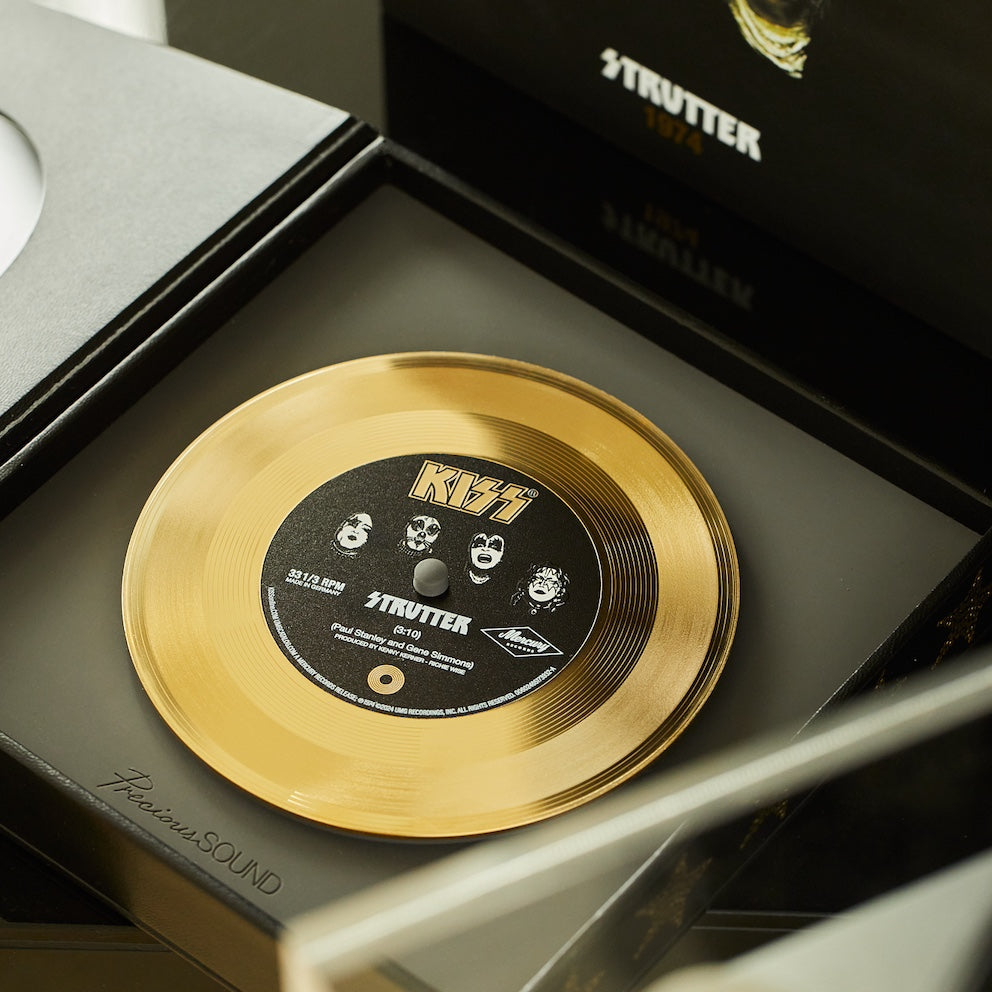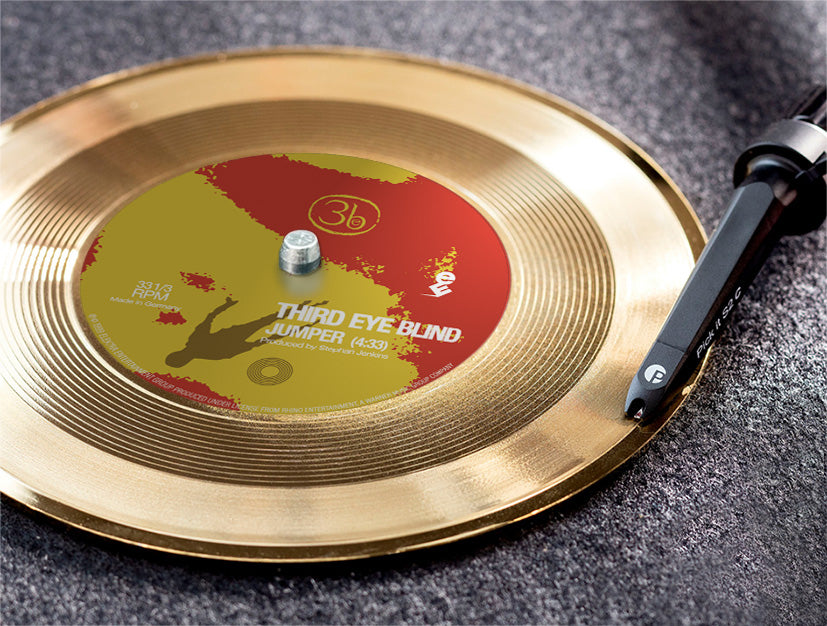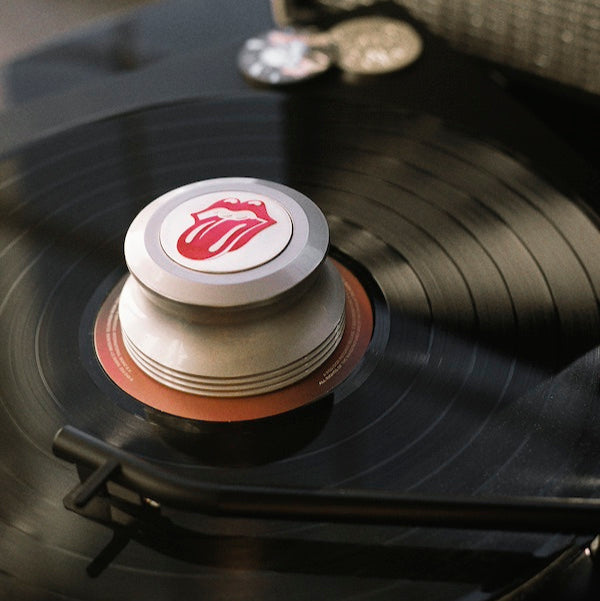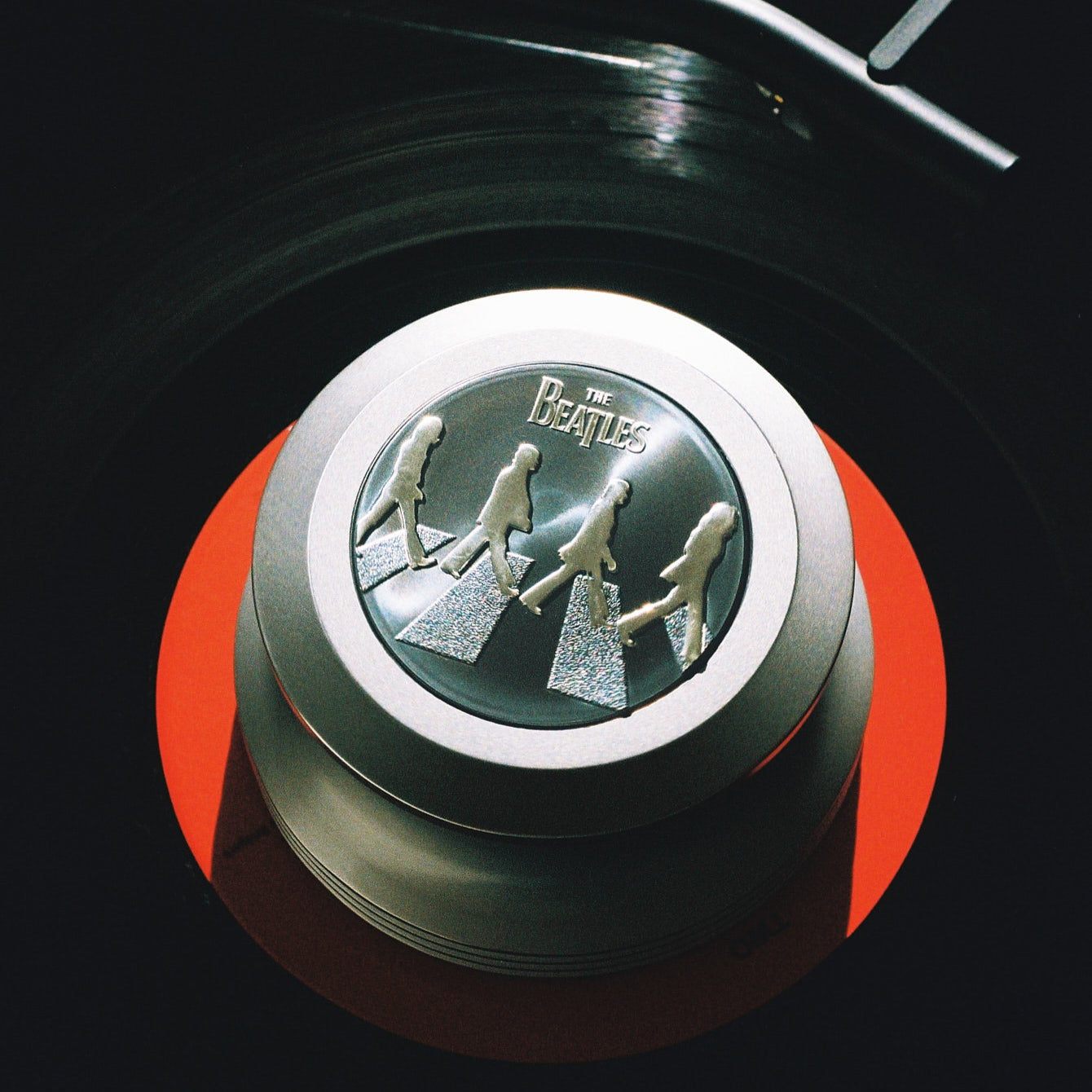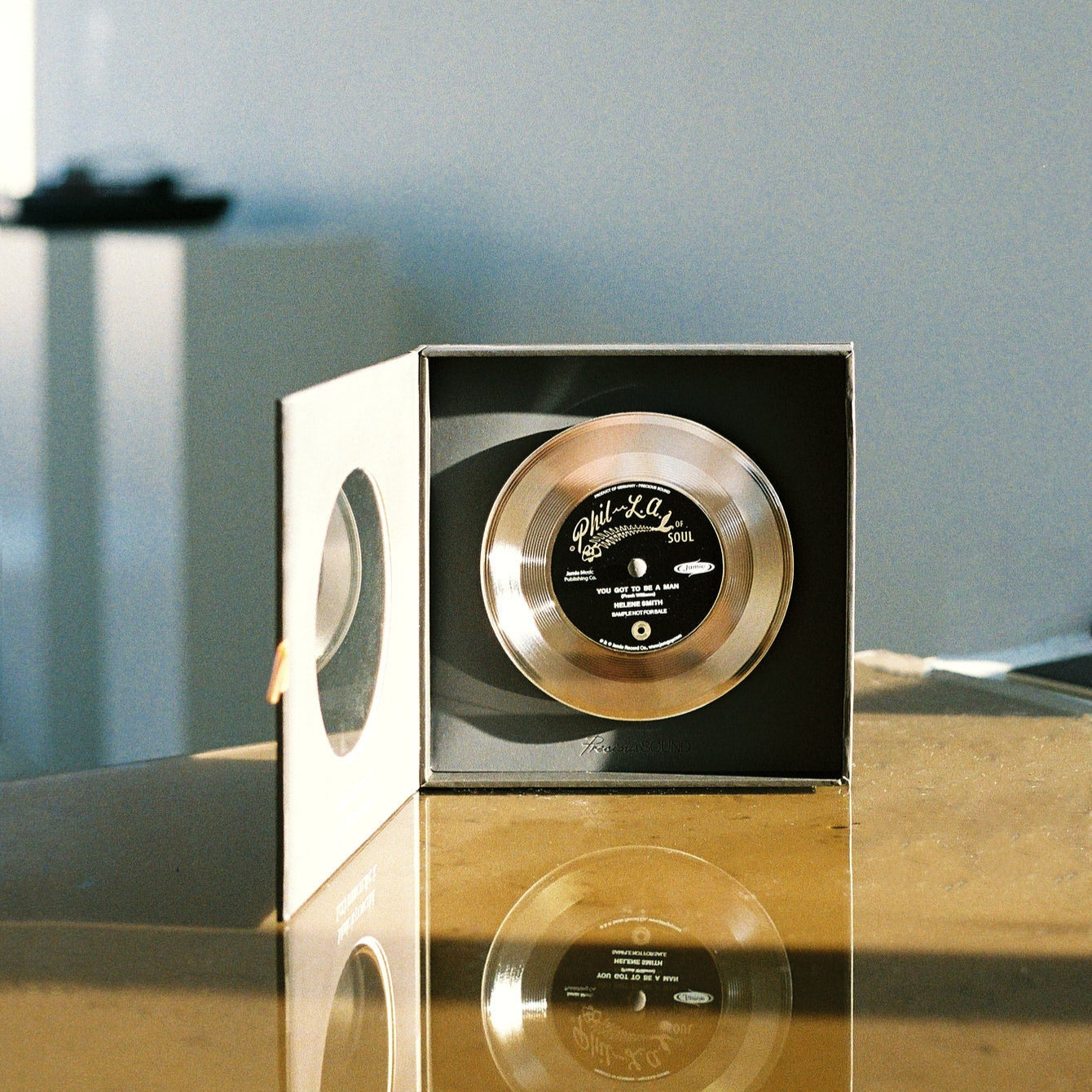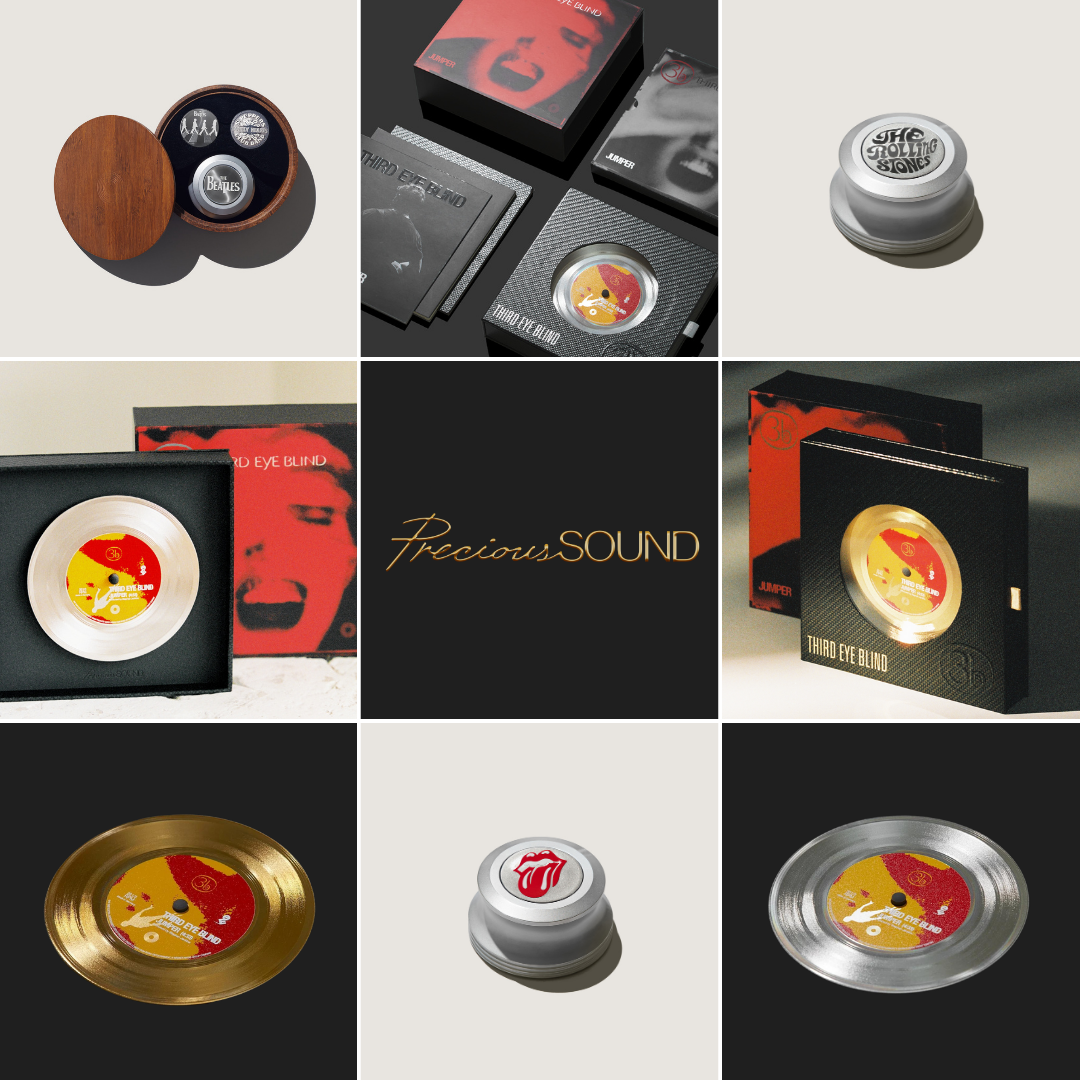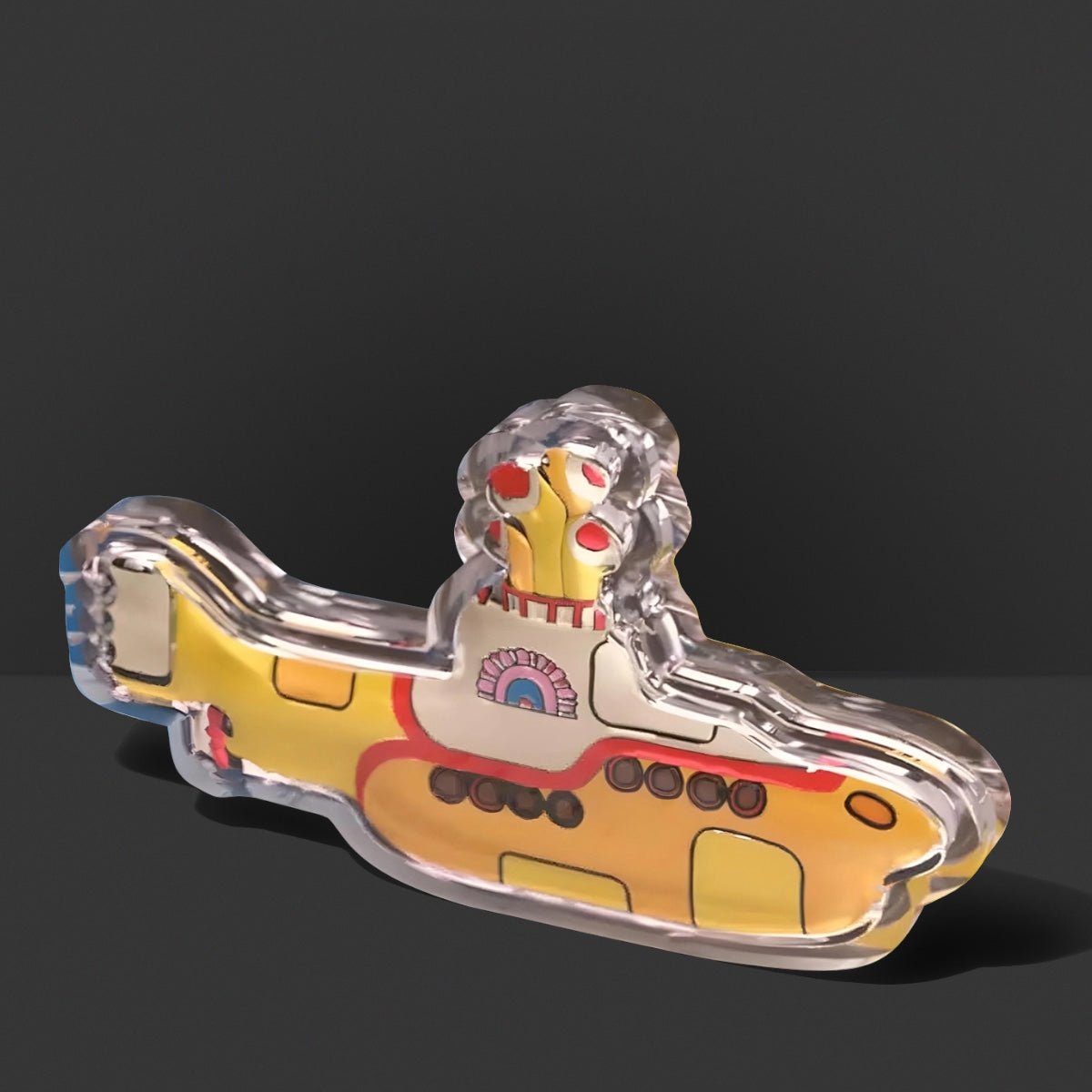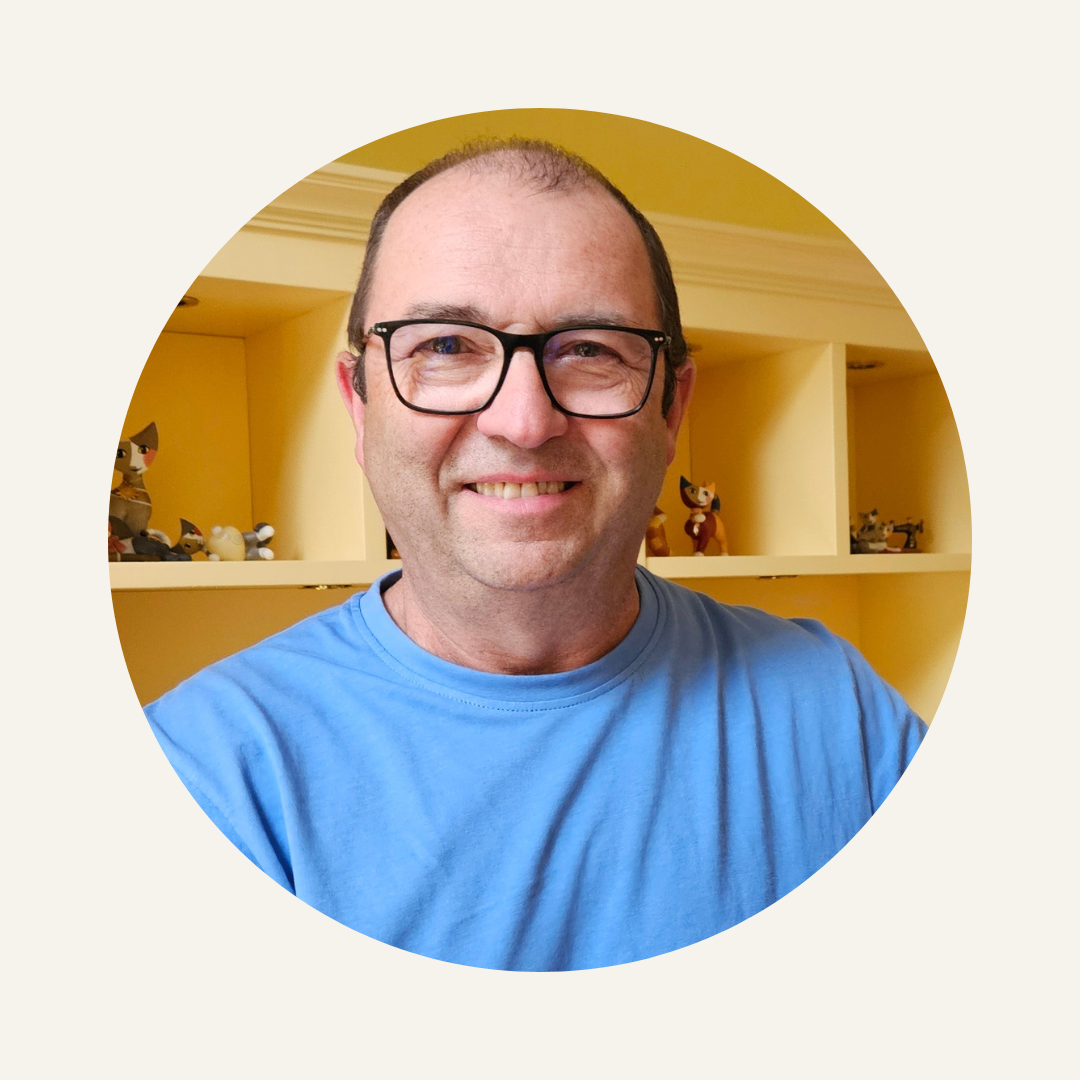
On the Record with Bernhard Schreiber
In On The Record, we speak with members of the Precious Sound community about their music truths, precious mementos, and more.
In today's On The Record, we talk with Bernhard Schreiber, our head of production about his musical upbringing, key moments that shaped his love for music, and his unique insights into the development and future of our precious metal records. Dive into Bernhard's fascinating musical journey and discover the profound impact music has had on his life.
PS: What did music mean to you growing up?
BS: In my parents' house, music was very present. My mother played the piano, which I adored as a small kid.
Music was also a fabric of life when meeting with friends, celebrating birthdays, and singing together. I had a lot of fun singing along from a very young age, maybe around 5 or 6 years old. Later I learned to play the accordion.
PS: And when did you realize the significance music plays in your life?
BS: For my 9th birthday, my aunt gave me a record (in postcard format) with a song by the Beatles that I didn't know yet. It was the song "Ob-La-Di, Ob-La-Da". I was able to play it on my accordion very quickly. Since then, records and music have been an indispensable part of my life.
PS: Do you own a record that you are particularly proud of?
BS: Yes, the ELO "A New World Record" from 1976 and of course a precious metal record that we pressed.

Bernhard's copy of Electric Light Orchestra from 1976
PS: What about a piece of music that triggers a memory for you?
BS: The song Telephone Line by Electric Light Orchestra from 1976
PS: What surprised you most about the development of our precious metal records?
BS: There were many positive, but also negative surprises. The biggest positive surprise for me was the realization that with the over 125-year-old record technology in conjunction with the most modern machines and the latest precious metal manufacturing technologies, a precious metal record can be minted and neither the old nor the new technology can be dispensed with. You cannot mint a precious metal record without optimizing and combining these old and new techniques.
PS: How did you feel when we were granted our patent?
BS: I was very proud of our creative and technically excellent team. After almost 5 years of research and development in our team, receiving the patent was a reward and at the same time a great motivation for the next steps. We are far from the end of our journey. We will delight music lovers with several more world firsts in the coming years.

Bernhard at our manufacturing site with our Precious Sound record
PS: What fascinates you about our gold record technology?
BS: With our precious metal records, we are creating something for eternity. Our records will still work just as well in hundreds of years as they do today. The value will also increase steadily. I can't imagine a more long-lasting and valuable functional object.
PS: You've worked with precious metals your entire career. What fascinates you about these materials?
BS: The immortality, the radiance that precious metals develop, and also the extremely wide range of applications in technology where precious metals are used, will always fascinate me.
PS: Your retirement is slowly approaching, what are you most looking forward to?
BS: I'm looking forward to the time when I can pass on my experience to younger colleagues and then enjoy watching and enjoying the further development of our records, especially. Of course, I will also enjoy the time with music from our precious metal records, which have an unmistakable perfect sound for me.

Berhard and his records
PS: What role does music play in your life today?
BS: I couldn't imagine a life without music. Music is the language that all people understand. With music, everything in life is easier. Music can have such positive power.
PS: What's currently on your playlist?
BS: A colorful mix of classical music and schlager music. For the non-Germans, the best way to describe it is a merge of German Pop and Folklore.
